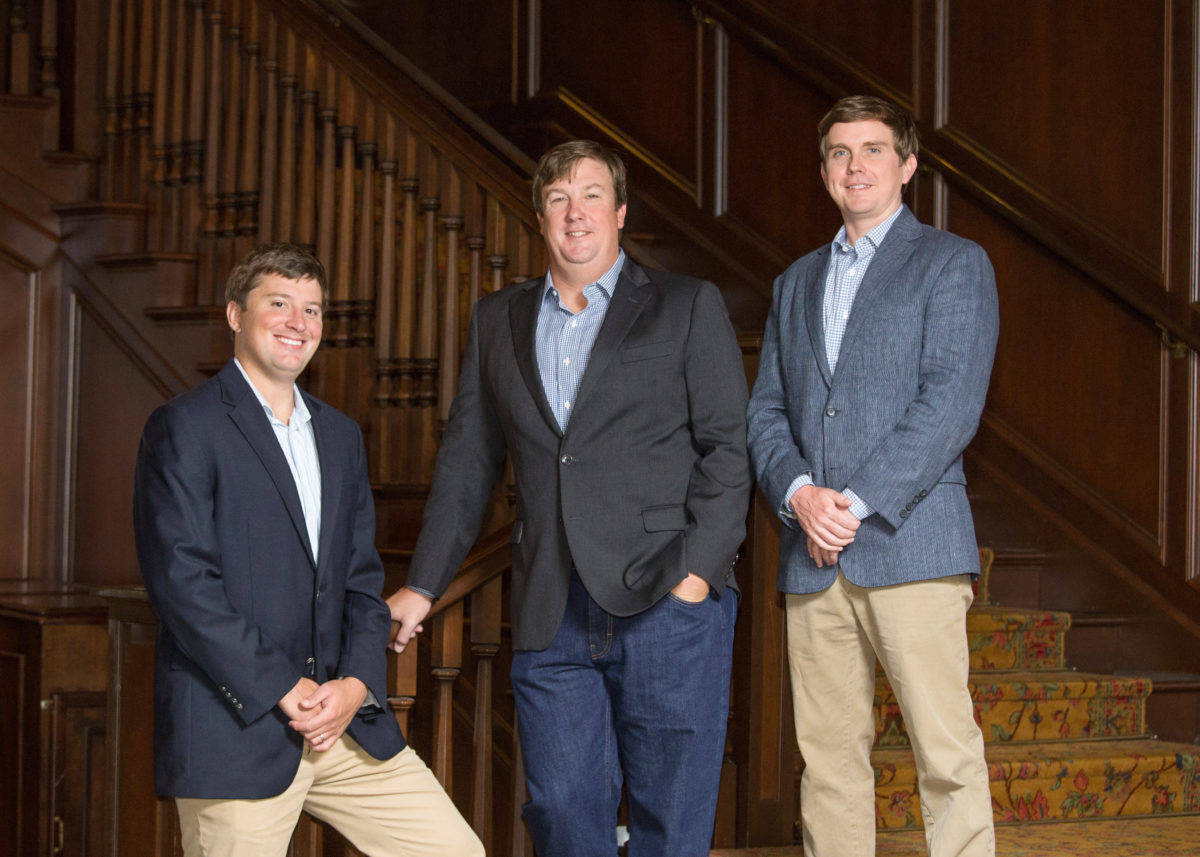Hospice — dignity-focused, palliative treatment for the terminally-ill and their families — has unquestionably improved the care of countless patients who might otherwise have died in isolation, fear, and pain. Likewise it has provided much-needed hope and encouragement to the bereaved. An absolute entitlement under the Medicare program, it has also heavily-lined the pockets of venturers and investors and spawned perhaps the ugliest and most egregious healthcare fraud facing the United States’ terminally-ill healthcare system. To borrow a line from Bob Dylan’s Union Sundown (a 1980s riff on another arguably terminally-ill American institution, labor unions) the Hospice benefit “sure was a good idea ’til greed got in the way.” Pioneers like Dame Cicely Saunders and Elizabeth Kubler-Ross taught the world that the words pain and suffering need not be synonyms for the words death and dying. But greedy corporations quickly learned that if you game the Medicare reimbursement system, the phrase Medicare Hospice Benefit can be synonymous with the phrase massive corporate profit.
Hospice is Big Business
When most people think of hospice, they think: volunteers, soft-spoken nurses and ministers. The majority of hospice care in this country, however, is controlled by big-business interests. Think: chemical company (Vitas, one of the nation’s largest hospice providers, is wholly-owned and operated by Chemed Corporation, whose other major business arm is Roto-Rooter, the septic-tank cleaning service). Rooter
Obviously, profit in and of itself is not a bad thing — it is the foundation of our economy. But when massive profits are made with taxpayers picking up ninety percent of the bill, the eyebrows raise. And when those massive profits are made through Medicare reimbursements for people who aren’t dying and don’t qualify for the Medicare Hospice Benefit, then that is the definition of fraud. And when that fraud causes unsuspecting patients and families to forgo much-needed curative treatment that could improve or save their lives, then the people behind the fraud have to be stopped. Period.
Odyssey and SouthernCare Hospice Fraud Settlements
Without admitting fraud, major hospice companies have ponied up large settlement dollars to quell allegations that their business models include admitting and readmitting non-terminal hospice patients and falsely billing Medicare and Medicaid. In 2006, mammoth national hospice provider, Odyssey Hospice, paid $12.9 million and kept doing business as usual. In 2009, national hospice provider SouthernCare paid nearly $25 million and kept doing business as usual. Not only did they keep doing business, they thrived; the census and profit margins of both companies inexplicably grew rather than shrunk after they agreed to purge and stop admitting non-terminal patients. By its own numbers, Odyssey’s average daily census grew by over 100 patients the very next year and by nearly 4,000 after two years. Likewise Odyssey admissions grew by over 200 the first year and by over 14,000 by the second year. Remember, this is after the company purportedly discharged all of its previously identified inappropriate patients and agreed to stop admitting arguably inappropriate patients. Their net patient revenue jumped by almost ten million the same year that they settled with the government — the initial year rise in revenue almost paying for the cost of the settlement. By year two under the Corporate Integrity Agreement, Odyssey increased its net patient revenue by more than $230 million. Last year — year five of the corporate integrity agreement — Odyssey grew its net patient revenue to $686 million, up $300 million after its settlement with the government of fraud allegations.
Hospice Fraud in Nursing Facilities
According to a recent report of the Department of Health and Human Services Office of Inspector General, false claims to Medicare are particularly rampent for hospice care in nursing faclities. Consider these statistics:
- 82% of hospice claims for beneficiares in nursing facilities did not meet at least one Medicare coverage requirement.
- 33% of claims did not meet election requirements.
- 66% of claims did not meet plan of care requirements.
- 31% of hospice claims were for fewer services than required by the plan of care.
- 4% of claims had either missing or incomplete certifications of terminal illness.
Change Must Come From Within
The only way to clean up the U.S. hospice industry and return it to its noble roots is for the people inside these companies to come forward and say enough is enough. Nurses, marketers, and managers on the ground who are being pressured to admit and readmit inappropriate patients must refuse to do so. They must report the fraud up the chain of command and demand that it change. Upper managament must listen and report. And if those measures don’t produce change, then whistleblowers must come forward and report directly to the government. Both the Odyssey settlement and the SouthernCare settlement were the result of whistleblower lawsuits. The SouthernCare whistleblower lawsuit brought by Frohsin & Barger set the record at nearly $25 million, produced a total whistleblower reward of nearly $5 million, and caused the industry to pause and take notice. But things have quickly resumed to business as usual. It is not enough that one or two brave souls come forward. If you are aware of Medicare Hospice Fraud, now is the time to speak up. The sanctity of hospice care, the future of the Medicare Hospice Benefit, and the safety and dignity of the terminally-ill depend upon you.
To report Medicare Hospice Fraud, contact Frohsin & Barger.






[…] #11 The Medicare Hospice Benefit: “Sure Was a Good Idea ‘Til Greed Got in the Way” […]
[…] by NPR, the Medicare hospice benefit is “ripe for abuse the way it’s set up.” Hospice is also big, big business. NPR points out that the cost to Medicare has more than quadruppled over the past decade […]